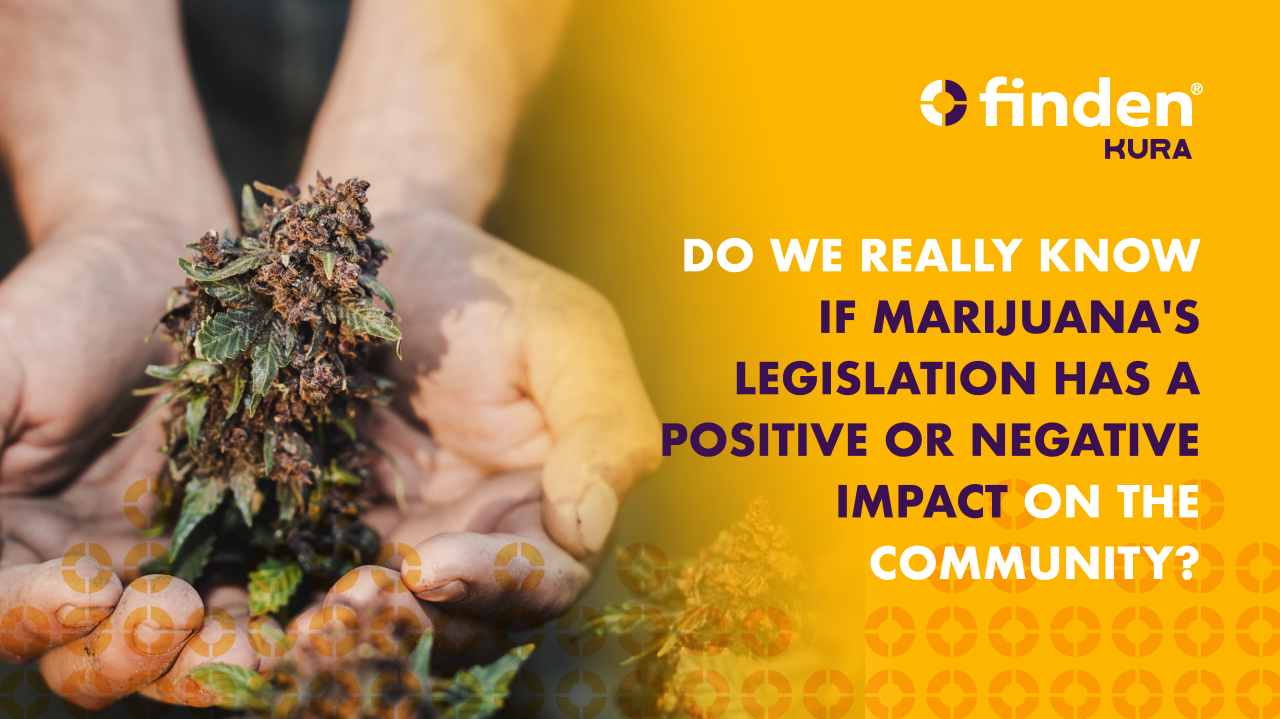Analyzing the Impact of Marijuana Legalization on Drug Consumption Trends in the USA
Marijuana legalization in the USA has undergone a significant transformation in recent years, sparking debates across various sectors of society. This overview delves into key aspects of this ongoing process, analyzing its impact on legislation, public opinion, public health, and the cannabis market.
Marijuana Legalization Laws and Policies
The legalization of marijuana in various U.S. states has been a progressive shift in legislative attitudes and societal values. Beginning with Colorado and Washington in 2012, a total of 23 states, along with Washington, D.C., and Guam, have now legalized recreational marijuana. This transformation can be attributed to a growing body of research showcasing potential medical benefits and changing attitudes toward the criminalization of marijuana users. However, this shift presents challenges, as varying state laws highlight inconsistencies and disparities between jurisdictions, underlining the need for a more unified federal approach to cannabis legislation.
Public Opinion and Social Perspectives
Public opinion on marijuana legalization in the USA has experienced a significant paradigm shift over the last decade. A CBS News/YouGov poll in 2022 revealed that approximately two-thirds of Americans support the legalization of recreational marijuana at both the federal and state levels. The shifting views can be attributed to a changing societal perception of marijuana, increasingly seen as less harmful than alcohol or other drugs. Moreover, the growing acknowledgment of the medicinal properties of cannabis has contributed to its increasing acceptance, further shaping public attitudes and opinions toward its legalization.
Public Health Ramifications
Understanding the public health implications of marijuana legalization is imperative for informed decision-making. A systematic review exploring the impact of recreational cannabis legalization (RCL) on injury and mental health outcomes revealed varying associations with self-harm, assault, suicide, and psychosis across studies. These findings underscore the necessity of considering demographic characteristics and local factors in shaping targeted public health interventions and policies to mitigate potential risks associated with recreational cannabis use.
Role of Enzymes in the Detection of Cannabis Use
Enzymes play a crucial role in the detection of cannabis use. After cannabis consumption, the main psychoactive component, ∆9-tetrahydrocannabinol (THC), is metabolized in the liver to 11-nor-9-carboxy-∆9-tetrahydrocannabinol (THC-COOH). THC-COOH is then excreted in the urine. However, THC-COOH is mostly present in its glucuronide form, which is not easily detectable.
Enzymatic hydrolysis is a method used to convert the glucuronide form of THC-COOH into its free form, making it easier to detect. This process involves the use of enzymes like B-glucuronidase that break down the glucuronide bonds, allowing for accurate measurement of THC-COOH levels in urine samples.
In a recent study, the authors compared the efficiency of enzymatic hydrolysis methods for detecting cannabis use. They developed a method with rapid hydrolysis and analysis times, as well as simple sample preparation. The enzymatic hydrolysis conditions were optimized to achieve the highest efficiency in converting THC-COOH glucuronide to its free form.
By using enzymatic hydrolysis, the researchers were able to determine the total concentration of THC-COOH in urine samples, providing valuable information about cannabis use. This method has potential applications in forensic analysis and monitoring of cannabis use in biological fluids. B-One, a B-glucuronidase offered by KURA Biotech, shows superior performance and efficacy and offers an avenue to enhance the accuracy and reliability of cannabis use detection.
In conclusion, the evolving landscape of marijuana legalization in the USA demands a balanced approach, integrating policy shifts, scientific advancements, and societal responsibility. An integral aspect of this journey is accurate cannabis use monitoring, and here, enzymes like B-One play a vital role. As technology advances, these enzymes become key in refining detection methods, promoting a safer and more informed approach to legalization. Maintaining this delicate balance, informed by accurate detection methods, is essential for a responsible and beneficial transformation, ensuring a safer future.



